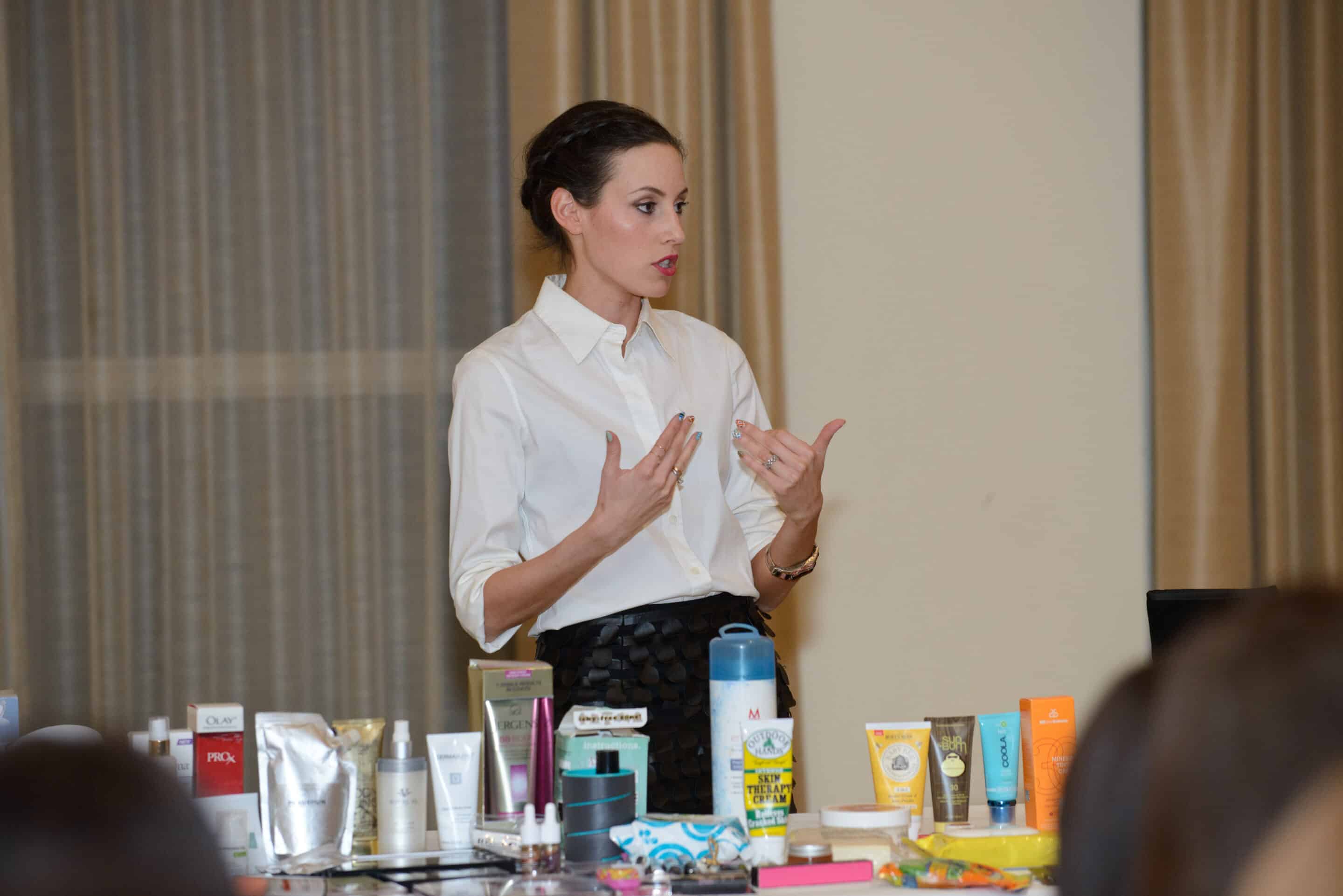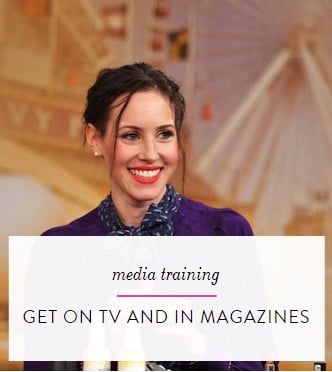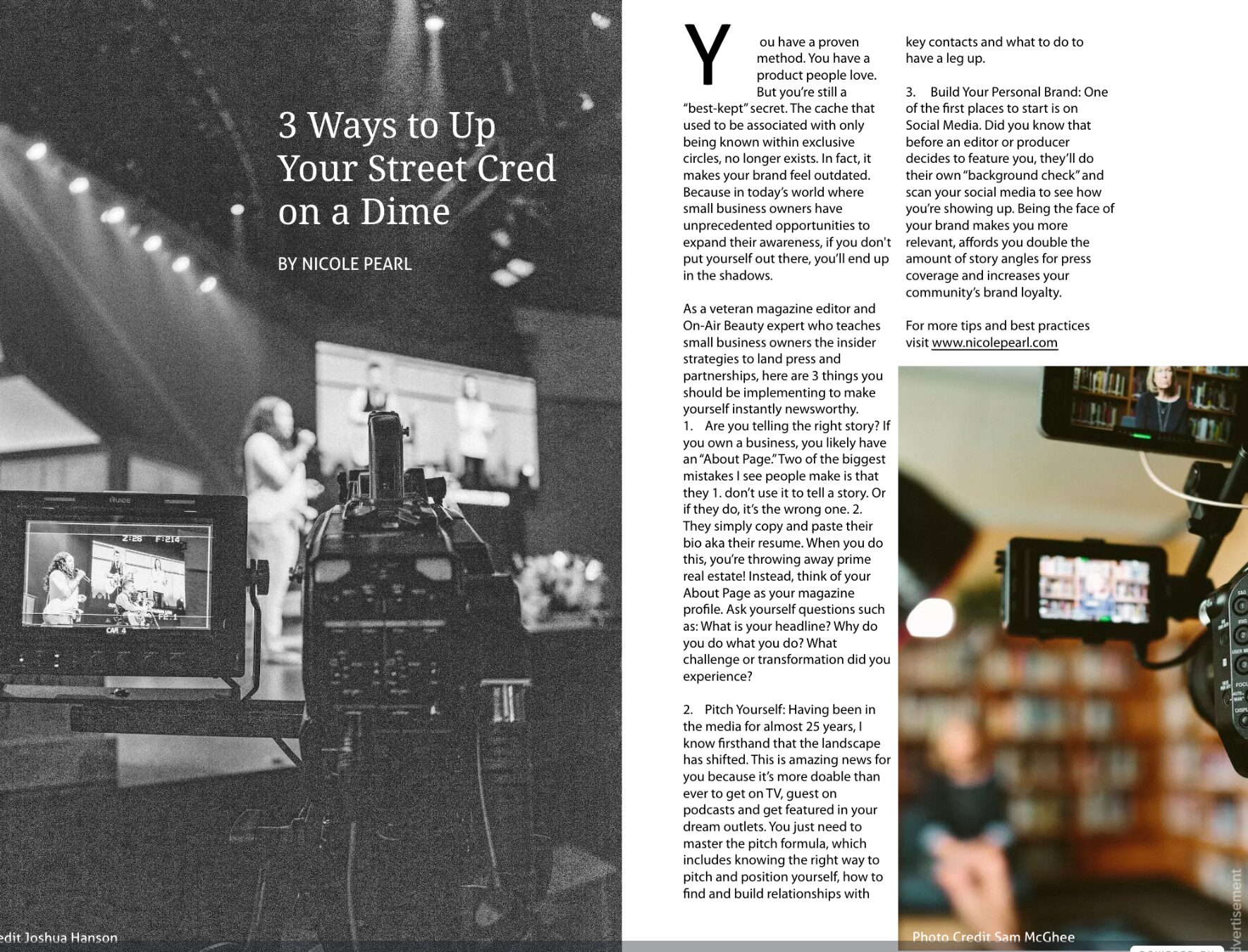I was interviewed by Medium about what it means to be a thought leader. There are a lot of people calling themselves “Experts.” But that title doesn’t last if you can’t back it up. This is why it’s essential to make the shift and turn yourself into a thought leader. It provides career longevity, enables you to leave a legacy and sets you up for lucrative opportunities. Here are my top tips!
Can you share 5 strategies that a person should implement to become known as a thought leader in their industry?
1. Niche down: Focus on becoming a thought leader in your specific area of expertise. For example, my sweet spot in the media is within the beauty & lifestyle category, so I create my content for creatives such as beauty industry pros, fashion stylists, interior designers, realtors, and small business founders.
2. Grow your visibility: If no one hears your message or the value you offer, then it’s impossible to solidify your title as a thought leader. Third-party validation matters, and there is nothing more credible than being able to say you were featured in the press. For example, when people learn that I book myself on national TV, they know that I’m walking the walk and not just talking the talk in terms of my ability to teach them how to do the same for themselves.
Identify Your Personal Brand: Understanding your vibe and how you want to show up as a thought leader is essential to making sure you are attracting the right audience. For example, some of my brand keywords are: Transparent, Motivation, Value.
3. Collaborate: Collaborate with other thought leaders you align with. This will enable you to reach more people, and when you associate with other respected thought leaders, it will make a positive impact on your reputation as a thought leader.
4. Testimonials: Having testimonials instantly separates you from the posers. There is a lot of smoke and mirrors out there, so in addition to a proven track record, testimonials supporting your abilities as a thought leader will serve as backup to further diffuse any skepticism.








